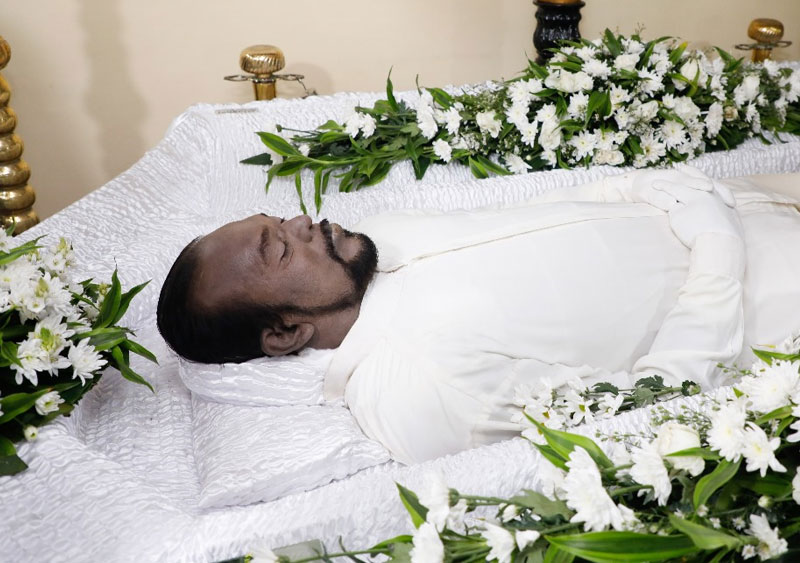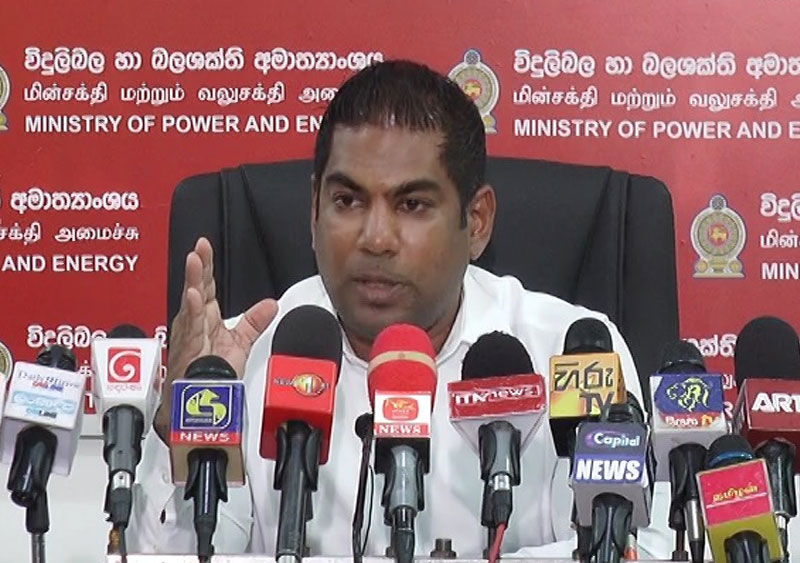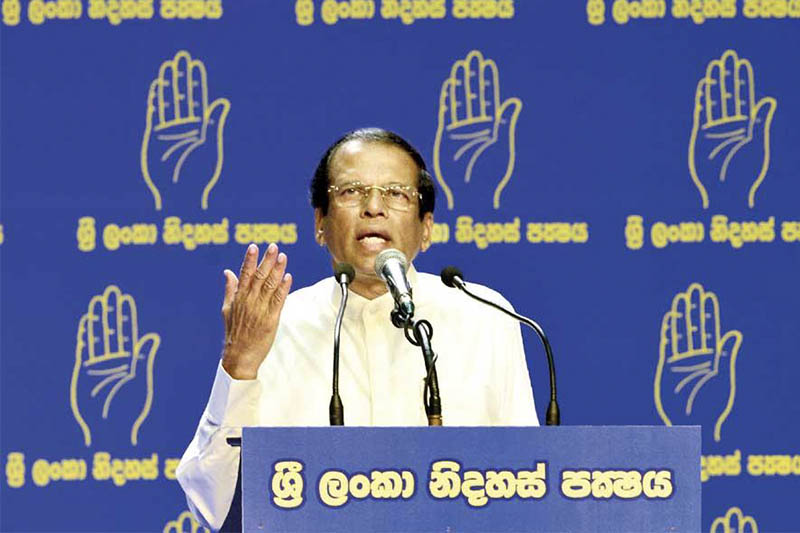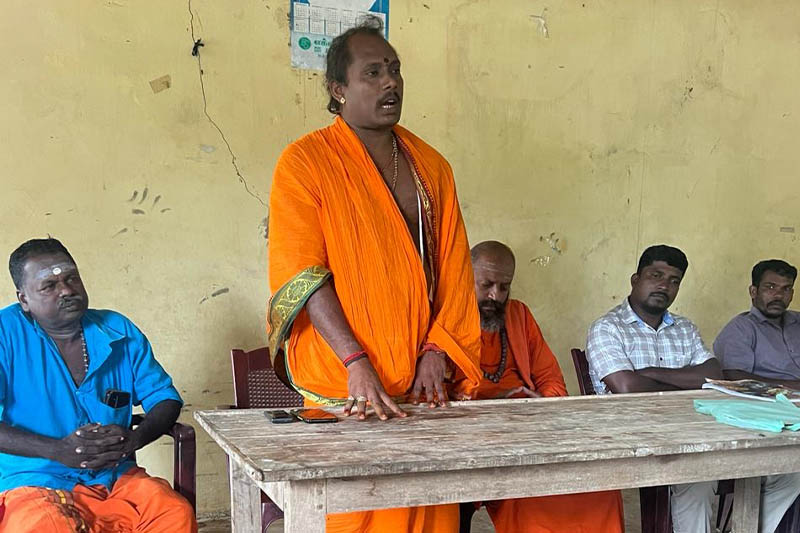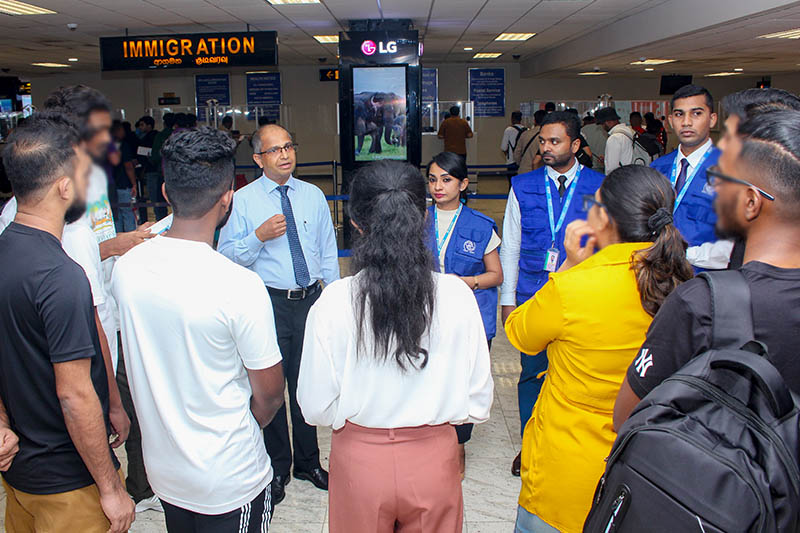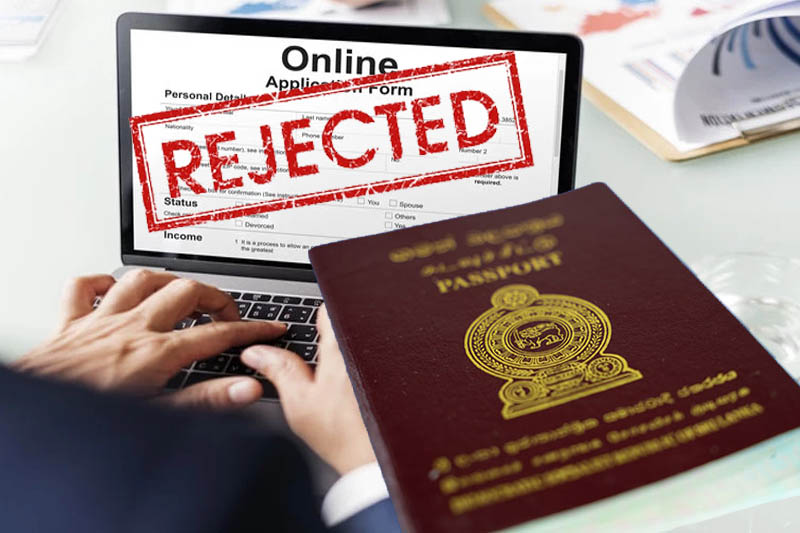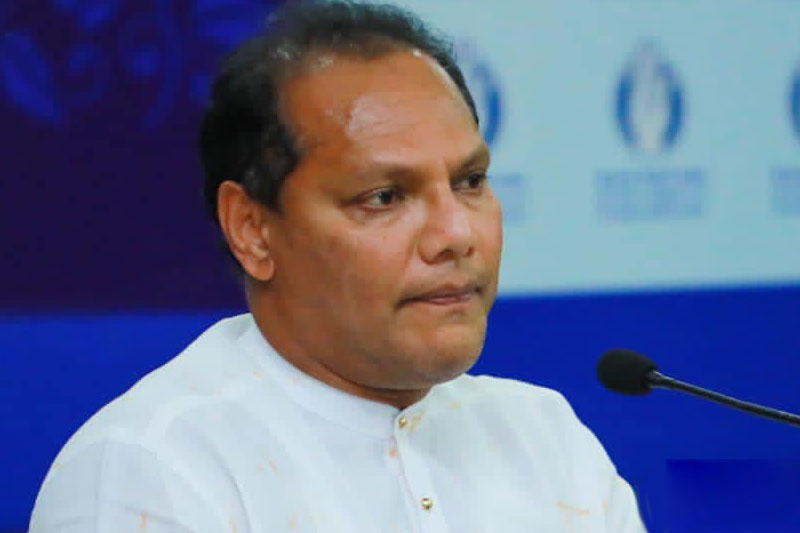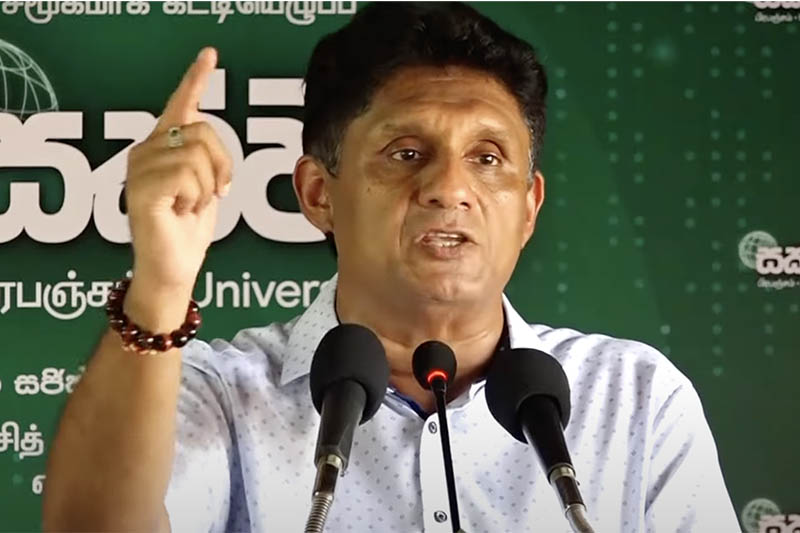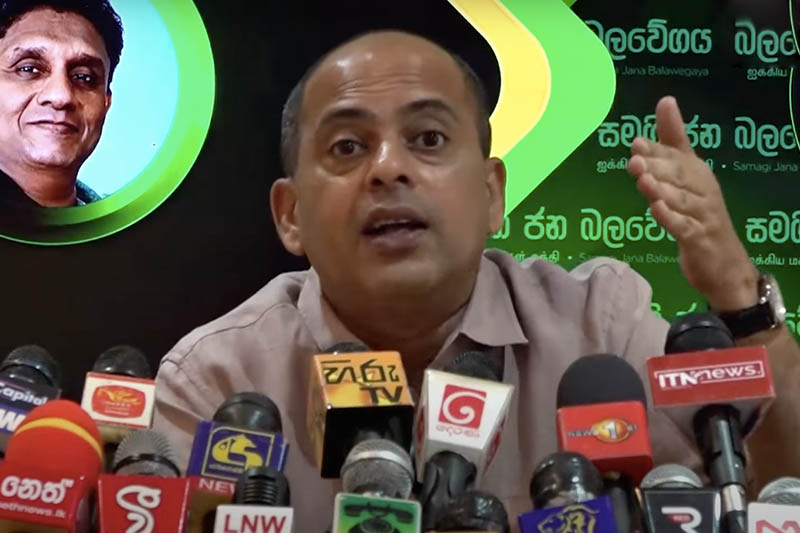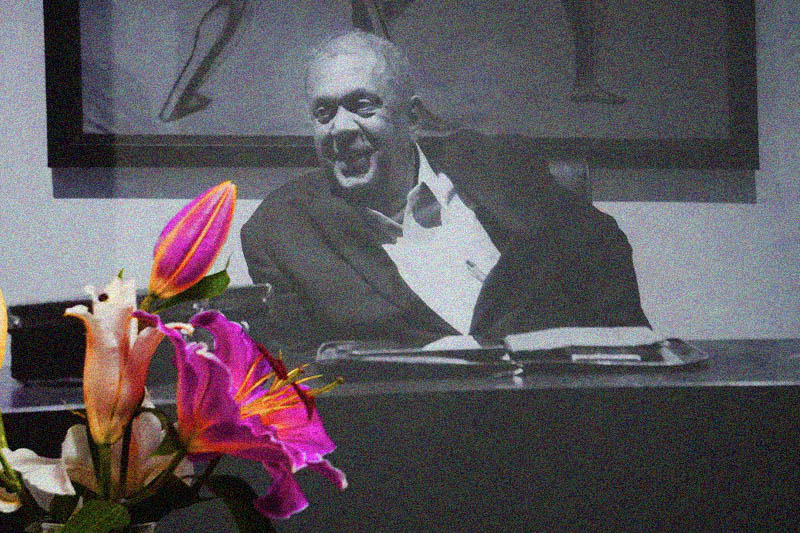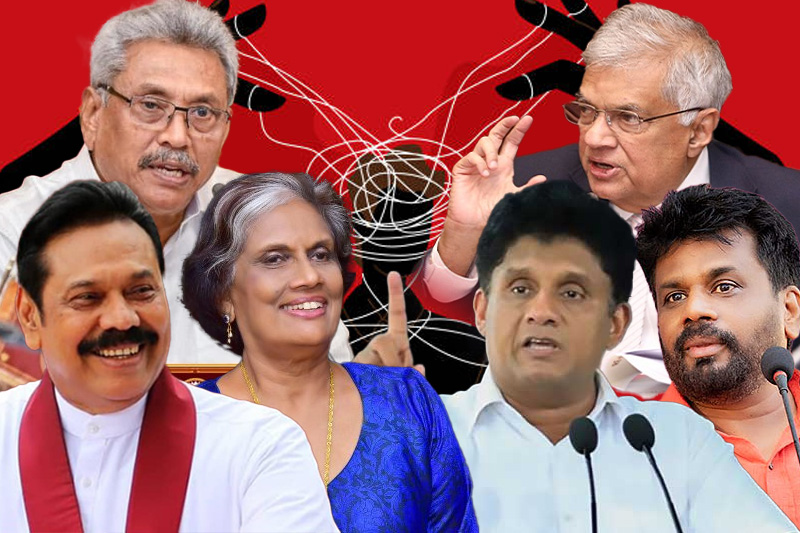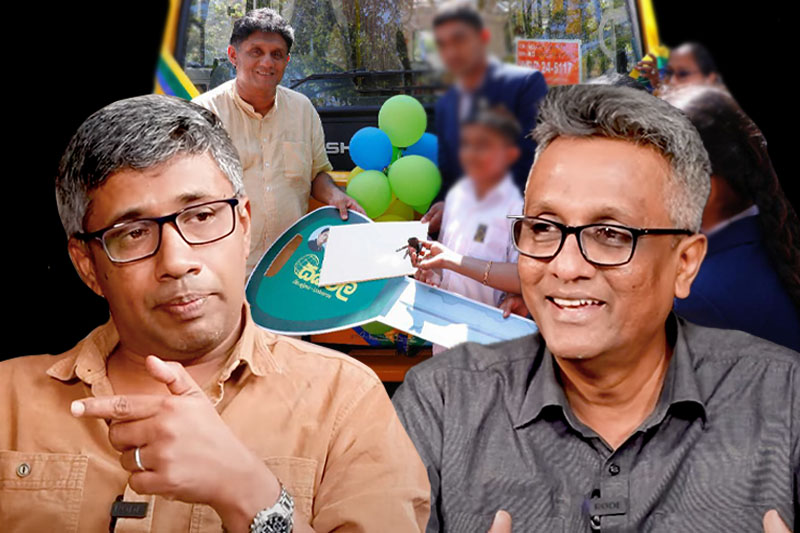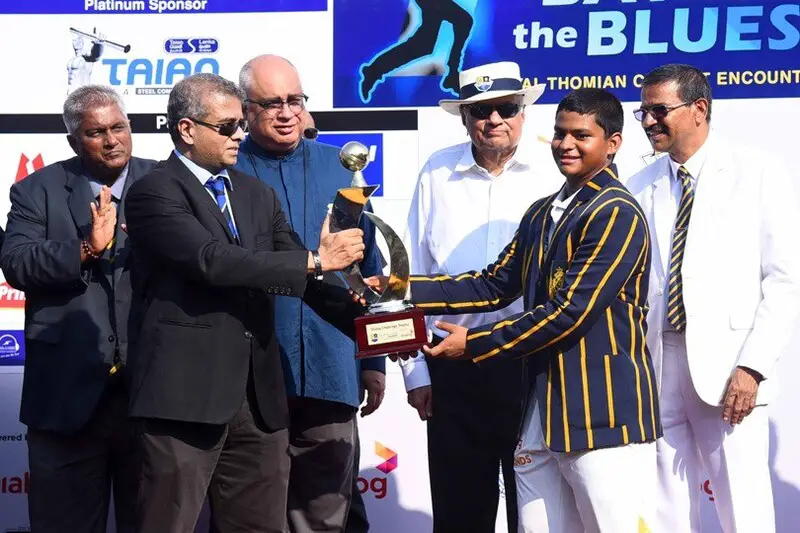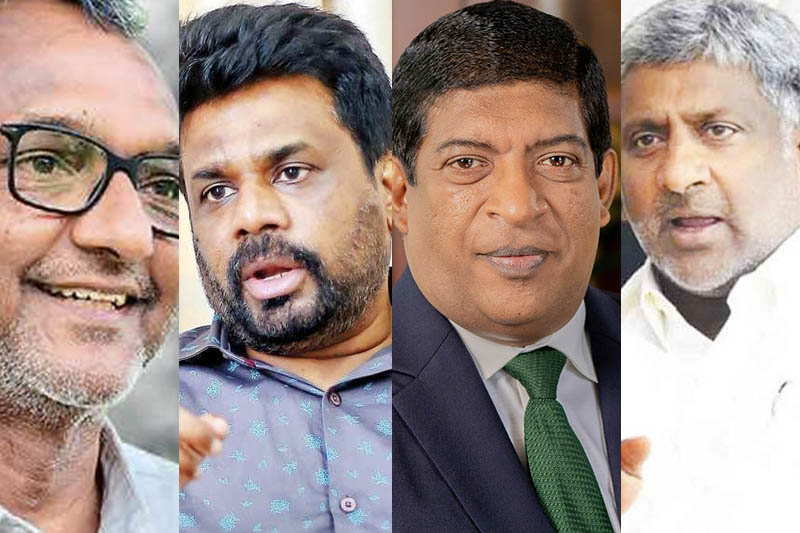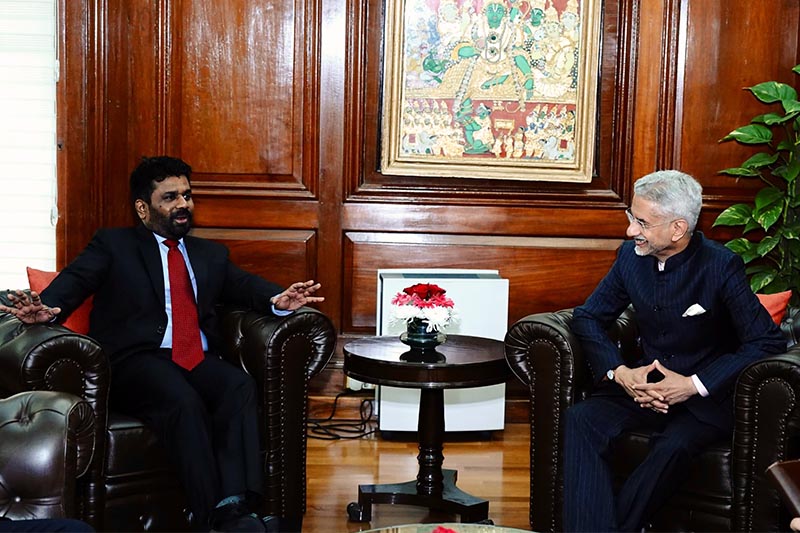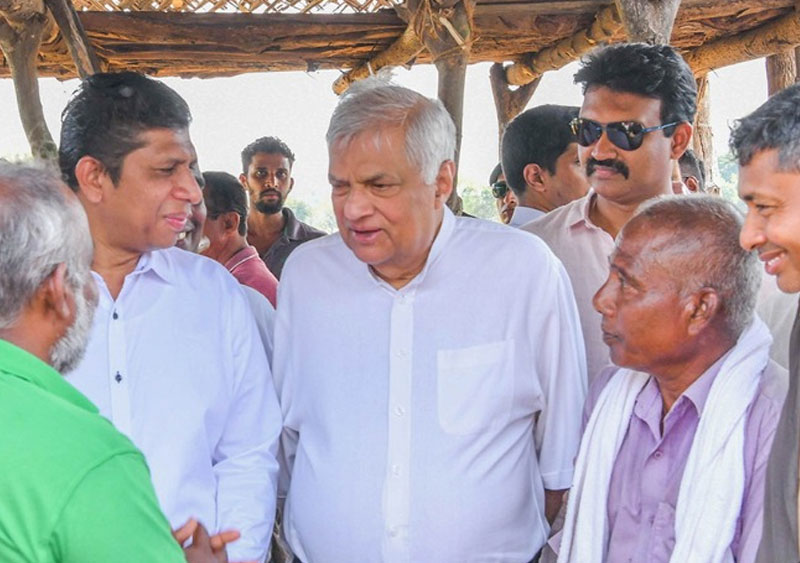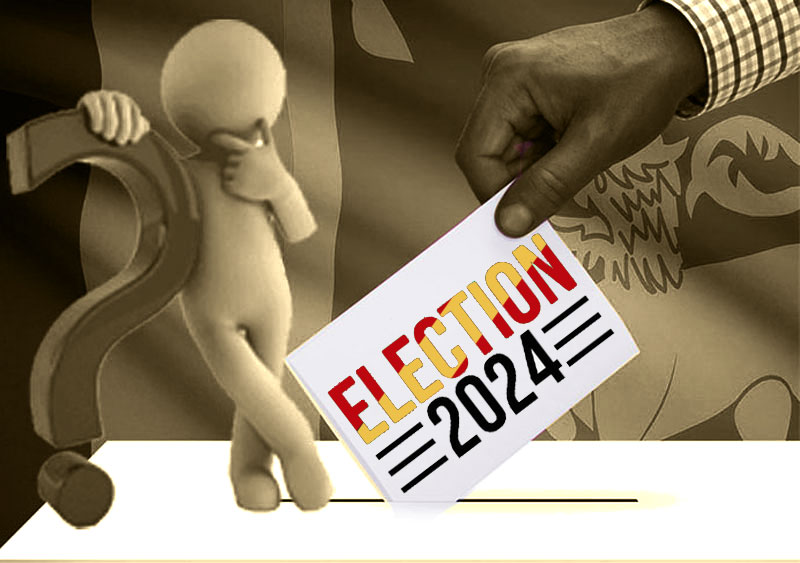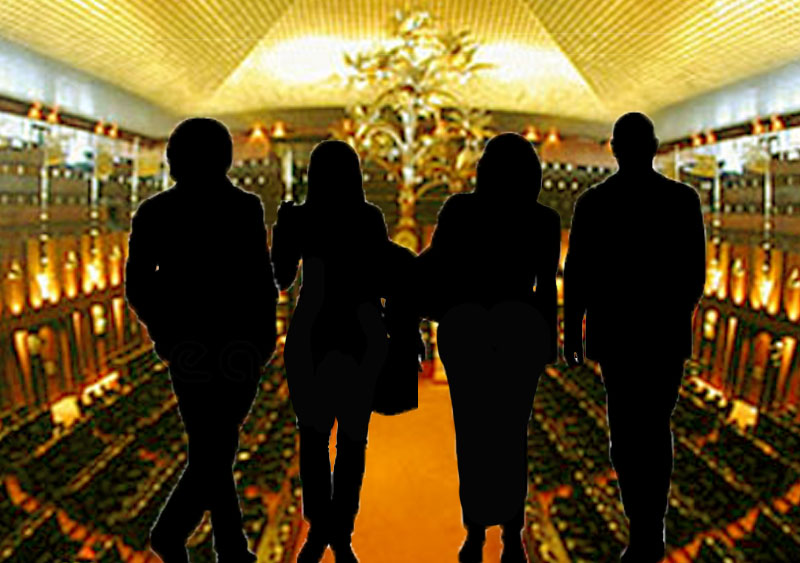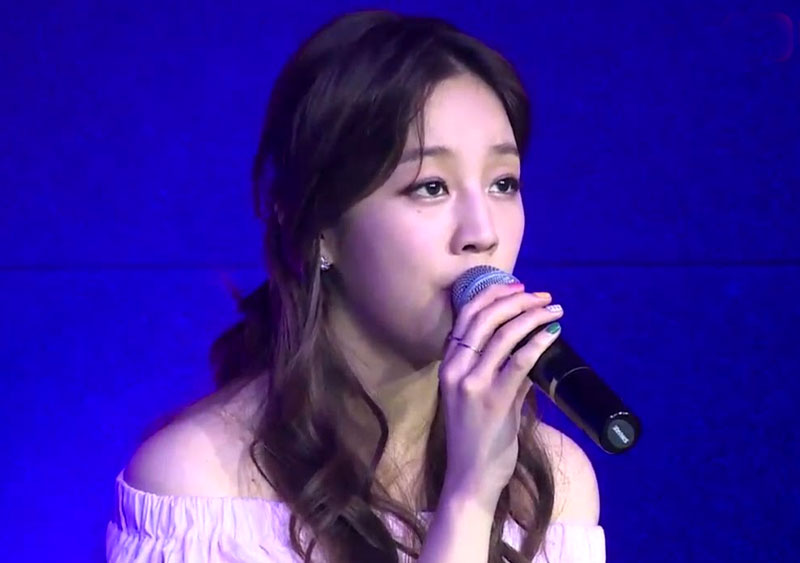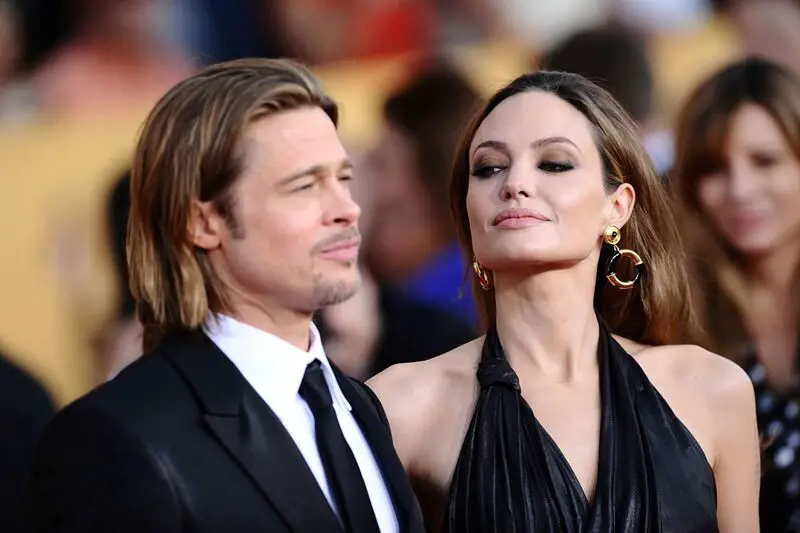Hilarious blacklisting of Nations & Sri Lanka among permanent Security Council members - Kusal Perera
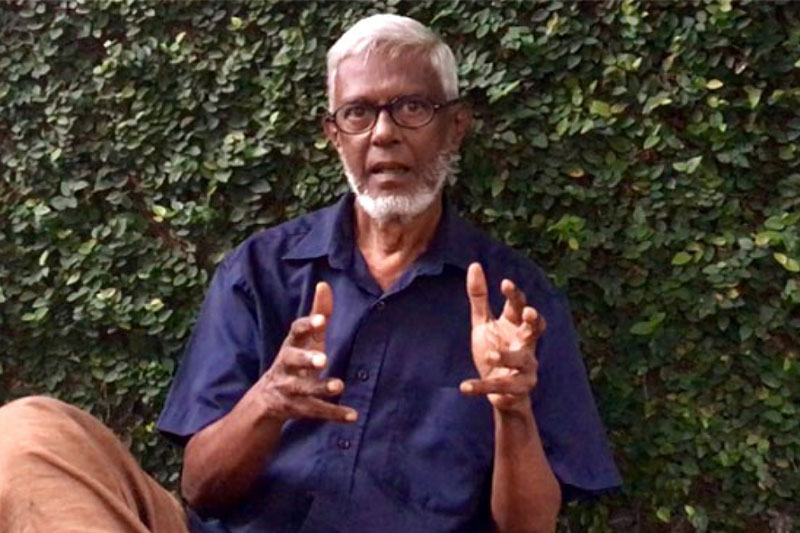
UN Secretary General’s (UNSG) Annual Report - 2022 on the work of UN organisations has “Blacklisted” a large group of member nations for retaliating against human rights defenders. Sri Lanka is one among those blacklisted member countries.
The number blacklisted would have been much higher than 42, had the UNSG been realistic. Had he counted invaders of sovereign nations, and overt and covert schemers of regime change for geo-political and regional advantages.
There is therefore concerned uncertainty as to why the UNSG did not first act on far more serious and ruthless violations by powerful members. Why member nations like the USA, Russia, the UK and members of NATO who invaded and occupied other nations were not taken to task. Every such invasion has completely and brutally suppressed “sovereignty” of occupied nations and destroyed regional peace and democracy as in Indochina and in the Middle East.
These major military powers should have been removed at least from the UNSC after they invaded countries leading to protracted wars in Vietnam, Afghanistan and Iraq in installing puppet regimes.
The US and the UK should have been publicly shamed and removed from the Security Council after they forced the UN to accept their decision to invade Iraq in 2003 leading to a major on-going tragedy on fabricated information about Weapons of Mass Destruction.
Not surprisingly, with all member nations hardly serious about these inhuman brutal violations, they continue sitting in the UNSC deciding what is best for them in global peace.
UN member nations are therefore responsible to all armed conflicts, for all civilian deaths in such conflicts and for billions displaced and left as refugees through 75 years of UN existence.
Coming back to the present “blacklisting”, with no restrictions announced, is it not hilarious to see two blacklisted countries Russia and China, both permanent members of the UNSC continuing in the Security Council with veto power?
On a rotational basis there are blacklisted countries like India, Mexico, Brazil and UAE also sitting as elected members of the UNSC with terms ending in 2022 and 2023. They would all be influencing decisions at the UNSC. Right now, they would influence decisions on the ongoing Russia-Ukraine war in relation to regional power and trade profits.
Curious to know what leading funders of the UN (US 22 percent, China 12.01 percent, Japan 8.6 percent and Germany 6.1 percent) would have as their answer for continued presence in the Security Council of 02 permanent members and other elected members blacklisted by the UNSG.
What is also amazingly confusing about UNSG’s blacklisting is, regional economic giants like China, India, Vietnam, Bangladesh and Thailand often referred to as countries Sri Lanka could copy for its own “development” are now confirmed HR violators. Does it mean, economic growth does not necessarily need democracy and human rights?
Their free market “development model” within the global market, have led to extremely corrupt regimes catering to the urban middleclass and cartels of filthy rich businesses influencing political decisions. In such heavily corrupt economies, “Rights” are irrelevant, not “Profits”.
All these countries have massive poverty with corrupt regimes. In China the richest 10 percent of the population is said to own 70 percent of household wealth. According to 2019 WB data the 10 percent population right at the bottom was only having a 02.8 percent share of household wealth. Meanwhile Forbes said, by March 2022 China’s dollar billionaire count was 539, second to only USA with 735.
With 166 billionaires, India is third in the Forbes’ list. In contrast the poorest 10 percent in India has only a 03.4 percent share of the total household wealth. Majority in rural society are poor lacking access to essential services and common utilities. Urban poverty with 25 percent and more, or about 81 million, live below the poverty line.
Vietnam is no better. Around 09 million of the population that is 9.8 percent live below the poverty line. Sadly, poverty is more acute among ethnically marginalised minorities that count 15 percent of the population. But in contrast about 6.6 million out of the 09 million in poverty are from marginalised ethnic minorities as documented in 2018 by Ngo Ha Quyen of Mekong Development Research Institute.
Bangladesh is far worse. Its poverty count at 31.5 percent below the national poverty line, has the highest percentage of poverty in whole of South Asia. It is also a country festering with ethnic conflicts with non-Islamic minorities treated as social outcastes.
While all these countries accepted as economically successful were blacklisted for HR issues, Sri Lanka is now tied to corruption with “economic crimes” positioned as human rights violations. Will the amended Resolution A/HR/51/5/L1/Rev1 on Sri Lanka adopted on 06 October 2022, hold the blacklisted Sri Lanka seriously and finally accountable for economic and war crimes and crimes against humanity that for 12 years were mere “threats” the Rajapaksas never heeded during their tenures in power?
In short, can the OHCHR implement on its own the latest Resolution 5/L1/Rev1? No UN agency or their designated heads are independent to that extent in a massively corrupt giant global network of high-profile personalities playing politics as powerful bureaucrats of the UN with diplomatic immunity.
They have turned the UN into one of the most corrupt global organisations, thick skinned to human misery. Imagine UN SG Kofi Annan and one of his Deputies being found fault in mismanagement of the 1996 UNSC initiated “oil for food” programme for Iraqi people? UN’s Independent Inquiry Committee’s fifth and final 623-page report released on October 27, 2005, accused participating companies of paying kickbacks and illegal surcharges to win lucrative contracts from the UN programme office. Then head of the program, Benon Sevan was accused of an “irreconcilable conflict of interest” because he helped a company owned by a friend obtain valuable contracts to sell Iraqi oil (quote from Council on Foreign Relations’ document / 28 Oct.2005)
On 07 June this year, Ambassador UN Reforms Chris Lu tweeted “The financial scandal at UNOPS (UN Office for Project Services) has tarnished the entire UN system. It has also exposed the need for greater transparency and oversight.” His tweet implies the UN System lacks transparency and oversight they demand from member nations.
This UNOPS scandal is about potential loss of around 60 million US dollars of donor and client funds. In early April this year Mukesh Kapila, a former Senior Official of the UN System including UNOPS wrote to the President of the Executive Board of UNOPS and also Permanent Representative of the Netherlands to the UN Ms.Yoka Brandt “The Board is also advised to recognise that egregious fraud and corruption at a UN agency can’t be treated as just an administrative matter to be handled through internal UN procedures.” He proposed investigations to be initiated by a judicial forum in a member nation where UNOPS S3i project had operated and requested the UNSG to lift diplomatic immunity for that purpose.
There are far more serious accusations, not only on fraud, corruption and bribes, but also on sexual harassments and rape within UN agencies. To avoid quoting large chunks from investigations and public statements, this is a summarised excerpt from what Ms. Purna Sen, appointed spokeswoman on harassment, assault and discrimination in 2018 speaking to BBC “News Night” programme this past June 21 said, "Whether it's corruption, fraud, sexual harassment, [UN staff] feel they can't progress even to making a report, that the complaints are initially dismissed far too early. They're not given alternative procedures and appeals access,"
In the same news report, Ms.Martina Bostrom, a former senior advisor for UNAIDS, said she was also a victim of sexual harassment at work. "Sexual abuse, exploitation and harassment in the UN happens in headquarters, it happens Monday to Friday. It happens during regular work hours, it happens everywhere," she said.
Peter Gallo - the whistle-blower who shared an audio recording with BBC that led to the documentary “The Whistle blowers; Inside the UN” - told the documentary: "I spent four years as an investigator in the UN headquarters in New York. And as a result of that experience, I believe the organisation is riddled with corruption from bottom to top." (BBC iPlayer - The Whistleblowers: Inside the UN and also https://m.youtube.com/watch?v=rE6x4SGJvtk)
Coming back to the12 year old question and rephrasing it thus, “is the core-group led by the US credible and sincere in its efforts in presenting and lobbying UNHRC Resolutions to hold Sri Lanka accountable for all crimes it is accused of?” Will the UNSG blacklisting Sri Lanka afford better leverage to hold Sri Lanka accountable?
In plain and simple language, it is no different to transparency, accountability, and good governance the urban middleclass expect from Wickremesinghe in resolving the socio-economic crisis. He has proposed to the Cabinet of Ministers to downgrade Sri Lanka to a “low income” country to have easy loans and wants to enact a bill to meet obligations under the UN Convention Against Corruption (UNCAC).
In his policy speech he said he is President of all Sri Lankans and would defend the right of all to maintain cultural practices, religious beliefs, and language. while also saying he is Constitutionally bound to give Buddhism the foremost place. All promises while heading the same parliamentary majority that formed the Gotabhaya Rajapaksa’s SLPP government and is still into corruption no less than before. Wickremesinghe would drag on for another 02 years as the UNHRC Resolution 5/L1/Rev1 would, till its 52nd Session.
Kusal Perera
12 October 2022

